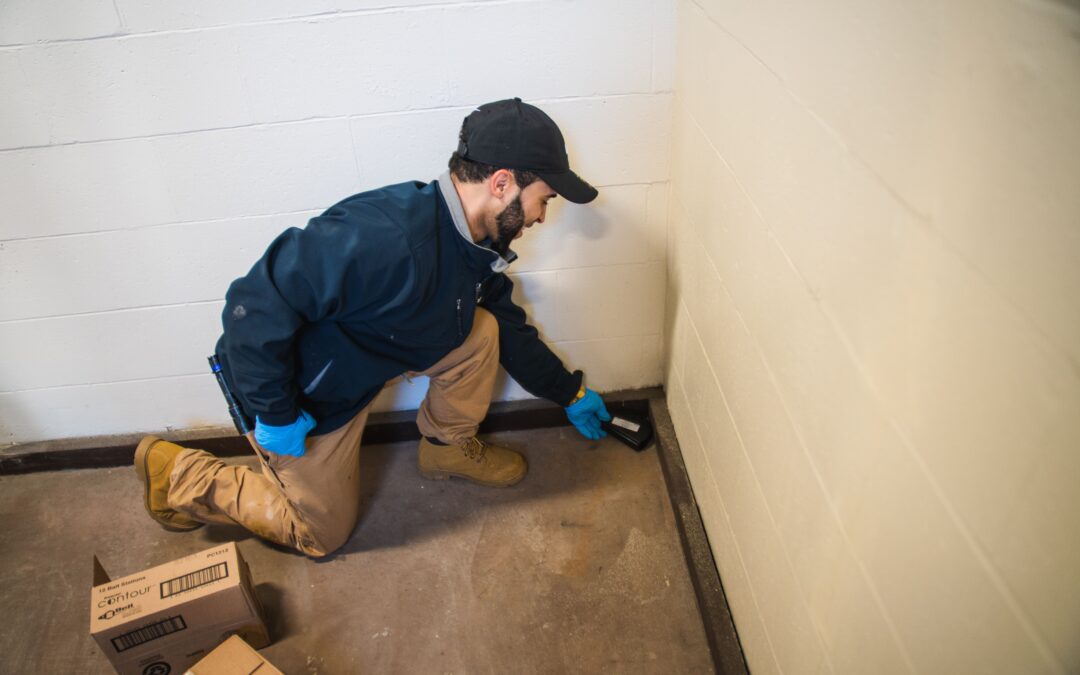Monomorium pharaonis, better known as the “Pharaoh ant,” is a widely distributed ant species that is one of the most common ant pests of households, and they can be found in all areas of the US. According to a nationwide survey of pest control professionals, the Pharaoh ant was the sixth most commonly managed ant pest in the country during 2016. In addition to being one of the most common ant pests of homes and buildings, many pest control professionals consider Pharaoh ants to be the most difficult ant pests to control within infested homes. While there are several factors that make Pharaoh ant infestations particularly hard to eradicate, their resistance to conventional pest treatments and their ability to rapidly establish new nesting sites within inaccessible indoor areas are most significant. In fact, exposing Pharaoh ants to insecticides only seems to make infestations more difficult to control.
Pharaoh ants sometimes invade homes from outdoor nests in order to seek out human food sources, which is why they are often found infesting kitchen cupboards and pantries. However, more often than not, Pharaoh ant infestations see workers establish multiple nests indoors in areas where they cannot be easily detected, such as in wall voids, ceiling voids, behind baseboards and even in attic spaces. Pharaoh ant colonies are large, and numerous workers can forage long distances from the parent nest where the founding queen resides. The nests that workers establish within homes are known as “satellite nests,” and they are often found throughout infested homes. In order to successfully eradicate Pharaoh ant infestations, pest control professionals must locate and destroy all satellite nests, as well as the parent nest, which is always found outdoors in close proximity to the infested home.
When professional-grade insecticides are applied to Pharaoh ant colonies, workers respond by dispersing throughout homes. These fleeing ants then go on to establish more satellite nests. It is now well documented that the application of residual insecticides causes Pharaoh ant colonies to splinter into several satellite colonies. The use of insecticides has caused Pharaoh ants to disperse and nest throughout entire buildings. Baits are now the preferred method of Pharaoh ant control, but Pharaoh ant infestations remain hard to eradicate, as numerous bait stations must be placed in probable nesting sites located throughout homes to ensure the extermination of all individuals.
Have you ever experienced a Pharaoh ant infestation?

